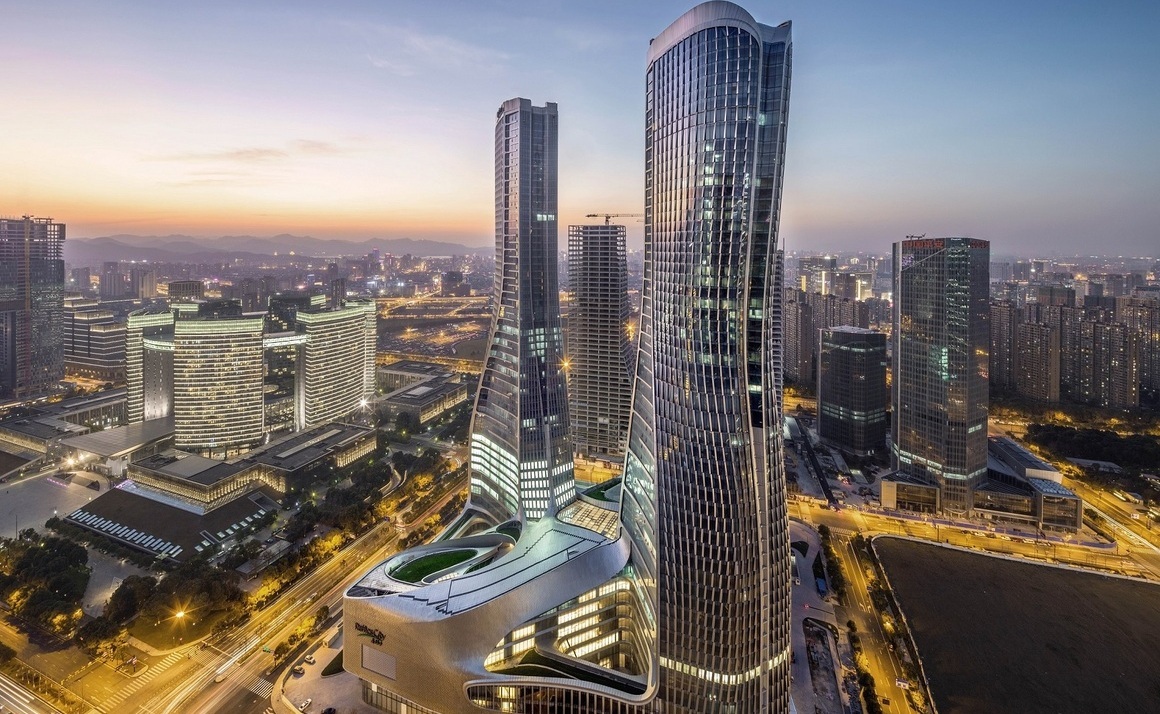
Deals which defined the market in 2021
It has been a bumper year for Asia Pacific real estate transactions, with full year transactions volumes set to rise 30% to more than $180bn, according to Real Capital Analytics.
It has been a bumper year for Asia Pacific real estate transactions, with full year transactions volumes set to rise 30% to more than $180bn, according to Real Capital Analytics. Prospects takes a look at some of the most significant deals of the year and what they mean for the market.
Callum Young, executive director, regional investment advisory at Savills Singapore, says: “These aren’t the only significant deals we have seen in the region this year, but they demonstrate a few ongoing trends: the insatiable demand for logistics assets, the strength and sophistication of Asian domestic real estate investors and the continued appetite from global capital.
“There continues to be ample liquidity for quality office product, with strong pricing achieved across key markets. We have also seen encouraging signs of recovery in parts of the retail sector.”
Australia: Milestone logistics portfolio
Blackstone sold a A$3.8bn ($2.9bn) portfolio of logistics properties to a partnership between sector specialist ESR and Singaporean sovereign GIC in Australia’s largest ever portfolio deal. Blackstone remains a big believer in Australian logistics, recently buying a 49% stake in the A$3.5bn Dexus Australia Logistics Trust from GIC for its core-plus strategy. Young says: “The Milestone portfolio was one of the catalysts for re-rating pricing within Australian logistics and solidified yields below offices. Logistics yields are trading at a premium to offices in many countries now, due to strong investor conviction on the growth prospects for the sector.”
China: Ping An buys Raffles City stakes
Ping An bought stakes in six of CapitaLand’s Raffles City mixed use developments (Raffles City Hangzhou pictured above). The Chinese insurer spent RMB33 billion ($5.1 billion) to acquire majority stakes in six mixed use developments, while CapitaLand will retain stakes of 12.6-30% in each asset and continue to manage the assets. As well as demonstrating Chinese institutional demand for real estate, the deal shows there is still interest in China retail assets.
India: Blackstone buys $1.5bn India portfolio
Blackstone’s continued enthusiasm for India was demonstrated earlier this year with the acquisition of a 12-asset portfolio from developer Prestige Group, who used the proceeds to reduce debt. The portfolio did not just include offices – the favoured sector for overseas investors in India – but also nine shopping centres, two with attached hotels. Blackstone is understood to have $20bn of real estate investments in India, with its’ compelling long-term fundamentals increasingly being chased by the largest global investors.
Hong Kong: Henderson Land bids $6.5bn for harbourfront site
One of Hong Kong’s largest developers showed its continued faith in the city, despite three years of upheaval. Henderson paid HK$50.8bn for a prime development site by Hong Kong’s harbour, where it will build 1.6m sq ft of commercial and public space. Similarly, Singapore residential market has been booming, with a raft of en-bloc transactions, however recent sudden cooling measures may temper parts of the market.
Japan: Dentsu’s Tokyo sale-and-leaseback
Advertising giant Dentsu Group sold its Tokyo headquarters to Japanese developer Hulic for close to $3bn, the largest single asset deal ever in Japan. Dentsu signed an 11-year lease for the 48-storey tower. “Japanese corporations hold a lot of excess real estate on their balance sheets,” says Young. “We expect more deals of this type, although the size might be hard to match!”.
South Korea: SK Group to float its properties in a real estate investment trust
Energy and telecoms conglomerate SK bought back its Seoul headquarters, valued at KRW990bn, regearing the lease and IPOing the property alongside other assets in a Korean REIT, which raised KRW500bn+ from outside investors. “This transaction shows the increasing securitisation of the Korean real estate market as well as the firepower of domestic investors. Korean capital largely stayed onshore, with deal volumes growing and office values increasing 30% over the pandemic,” says Young.
Further reading:
Savills regional investment
Contact us:
Simon Smith


